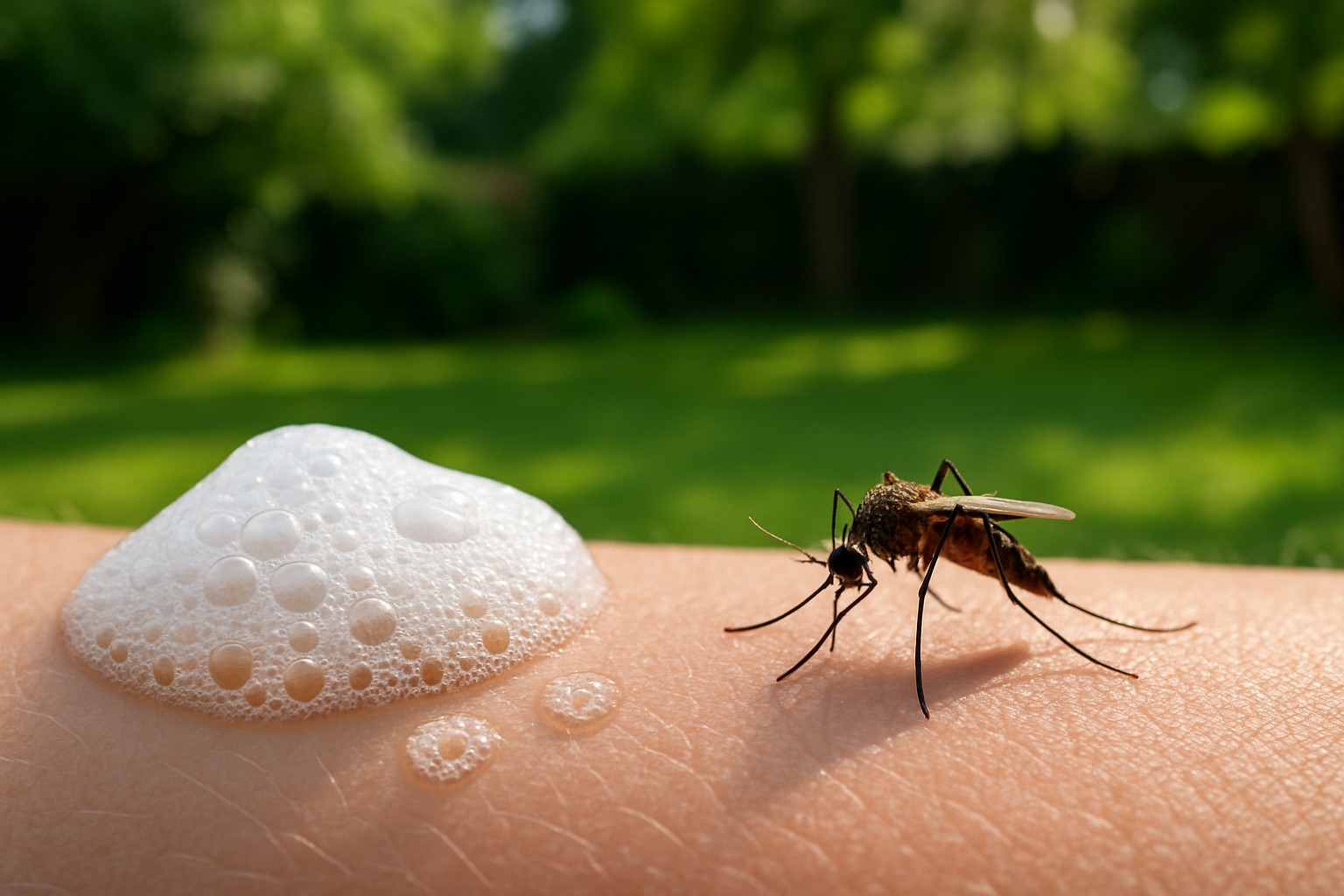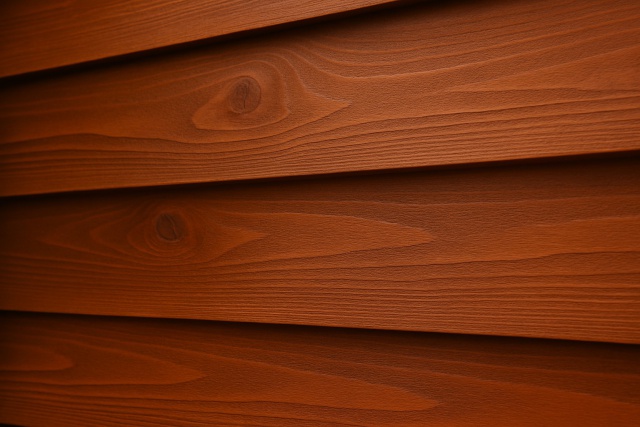How Solar Power Is Changing The Way We Live Today
Discover how solar power is reshaping our lives—from powering homes to driving sustainability and ec...

Mosquitoes are far more than just annoying little buzzers that keep you up at night. They carry serious diseases like malaria, dengue and the Zika virus that affect millions globally. People look for affordable, safe solutions, leading many to wonder: does soapy water kill mosquitoes effectively? This article dives into whether this method really packs a punch against mosquitoes compared to other sprays. It also explores how it works and weighs it against chemical and natural alternatives.
Getting a good handle on controlling mosquitoes really helps to understand their biology. They go through four distinct stages in life: egg, larva, pupa and adult. Most of their breeding happens in still water where the females lay their eggs carefully. Female mosquitoes feed on blood because they need the nutrients to develop their eggs—annoying but true.
Soapy water is basically a simple mix of water and everyday soaps or detergents you probably already have. These soaps typically contain surfactants—fancy word for compounds that mess with water’s surface tension. Mosquito eggs and larvae rely on that surface tension like it’s their lifeline because it helps them float and catch a breath at the water’s surface. When you splash on soapy water it disrupts that delicate layer. The impact on mosquitoes varies depending on their stage of growth and how much exposure they get.
Soap in soapy water works its magic by lowering the surface tension of water. This causes mosquito larvae and pupae to sink and take an unplanned swim to their doom since they depend on air siphons at the surface to breathe. On top of that, soap can mess with the protective oils coating adult mosquitoes' exoskeletons. This leads to dehydration and death once it makes contact. This physical effect is quite different from chemical insecticides which typically target the nervous system or metabolic functions.
Mosquito control sprays come in a variety of forms ranging from synthetic chemicals to natural botanical extracts and even trusty homemade blends. Chemical sprays especially those containing pyrethroids and DEET do their job by messing with mosquitoes' nervous systems—pretty clever. On the flip side natural options usually lean on oils like citronella or neem which have earned their stripes as go-to repellents over the years.
Scientific studies suggest that soapy water does a pretty neat job against mosquito larvae and pupae by messing with surface tension, effectively suffocating them. It’s not quite the heavyweight champion when it comes to adult mosquitoes, especially compared to chemical insecticides that target their nervous systems or natural repellents that keep those pesky biters at bay. How well soapy water works really hinges on its concentration and the timing of application. Plus, it usually requires a regular touch-up on breeding sites to keep the mosquito population in check.
| Spray Type | Active Ingredient | Mode of Action | Effectiveness (Larvae) | Effectiveness (Adults) | Environmental Impact | Safety Profile |
|---|---|---|---|---|---|---|
| Soapy Water | Common soap surfactants | Disrupts surface tension to suffocate larvae | High | Low | Low - usually biodegradable | Generally safe, though it is best to keep it away from plants and pets |
| Pyrethroid Insecticides | Synthetic pyrethroids | Acts on nervous system causing paralysis | Moderate | High | Moderate; can be harmful to aquatic life | Might irritate skin and respiratory system, so handle with care |
| DEET-Based Sprays | N,N-Diethyl-meta-toluamide (DEET) | Repels by messing with mosquito sensory receptors | None | High | Low, though the chemicals can stick around a bit | Safe when used as directed, just follow the instructions like a pro |
| Botanical Oils | Citronella, neem, eucalyptus | Works as both repellent and insecticide | Low to Moderate | Moderate | Low; natural origin but toxicity can vary | Generally safe, but some people might have allergic reactions |
| Homemade Garlic/Vinegar | Garlic extracts, acetic acid | Acts as a repellent and can kill larvae at high concentrations | Low | Low | Low; poses little environmental risk | Safe when properly diluted — just don’t overdo it |
Soapy water does a pretty good job as an eco-friendly way to keep mosquito larvae in check even if it’s not a knockout punch against adult mosquitoes. Chemical sprays can knock down adult mosquito populations quickly but often come with a bigger environmental price tag. Natural oils tend to offer a decent repellent effect and usually have fewer side effects which is a nice bonus.
Using soapy water to tackle those pesky mosquitoes might sound simple enough, but there are a few things worth keeping in mind to make sure you’re actually getting the best bang for your buck. It’s not quite a magic potion—more like a useful trick up your sleeve if handled properly.
Making effective soapy water all starts with picking the right soap and mixing it just so. Biodegradable or gentle liquid dish soaps without any harsh chemicals tend to do the trick best. Aim for a soap concentration of around 1-2% in water—that sweet spot usually strikes a nice balance between getting the job done and keeping things safe. When you apply this mixture to stagnant water where mosquitoes love to lay their eggs, you’re pretty much hitting their larvae right where it hurts. Just a heads up: be careful not to splash it near sensitive plants or aquatic critters.
It's pretty well-known by now that choosing soapy water over chemical sprays can make a noticeable difference, not just for your plants but also for the environment and your own health. Using soapy water tends to be gentler on the ecosystem, often sparing beneficial insects that might otherwise pay the price. Plus, when it comes to us humans, fewer harsh chemicals mean fewer worries about sneezing fits or itchy skin after a day of gardening. Of course, no solution is flawless, but in my experience, soapy water strikes a nice balance—effective enough without tipping the scales toward environmental harm or health concerns like some of those stronger, commercial sprays might. So, if you’re looking for a method that’s easier on the planet and kinder to your nose, soapy water just might be your new best friend.
Soapy water usually poses far less of a headache for the environment compared to harsh chemical insecticides. It breaks down pretty quickly and doesn’t stick around to accumulate in ecosystems. It generally goes easy on beneficial insects and fish. That’s a world apart from synthetic sprays, which often pollute our waterways and can be downright toxic.
Soapy water acts kind of like a gentle nudge to the mosquito’s ecosystem — it interrupts their life cycle without wreaking the kind of lasting havoc on our environment that chemical sprays tend to leave behind.
People often assume that soapy water can keep mosquitoes at bay or knock out adult mosquitoes on contact but that’s a bit of a stretch. In reality, soapy water mainly works by suffocating mosquito larvae and pupae. It’s not a magic repellent or a fast-acting spray for grown-up mosquitoes. Overusing it or applying it the wrong way usually leads to underwhelming results.
Soapy water does a fine job when used as one piece of a bigger mosquito control puzzle - but does soapy water kill mosquitoes effectively enough on its own? Pair it with physical barriers like mosquito nets and keep up with habitat management by ditching standing water. Sprinkle in the occasional use of natural repellents or targeted chemicals. Together they cover much more ground.
23 posts written
Dashiell explores how cities shape human experience, combining architectural insights with sociological observations in thought-provoking pieces.
Read Articles
Discover how solar power is reshaping our lives—from powering homes to driving sustainability and ec...

Wondering whether gold or silver is more abundant on Earth? This article breaks down their natural o...

Master the art of staining cedar siding with solid stain using our detailed guide, ensuring long-las...

Wondering if Belize City is worth visiting? Explore its rich history, vibrant culture, stunning natu...
